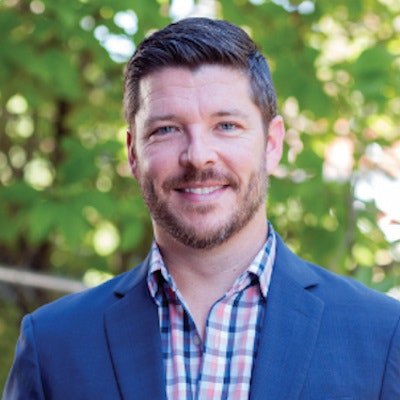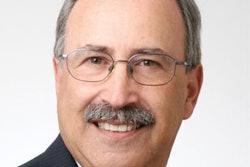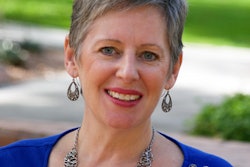
Practice ownership models are changing in dentistry. In the wake of entrepreneurial, corporate dentistry, and long-term associateships, it appears that more doctors are opting not to own or are getting out of ownership, and that's OK. Dental students and practicing dentists may sometimes consider how deciding not to own can be used to their advantage, how negotiating contracts can maximize their leverage as nonowners, and why the ownership model of ages past is not working for everyone anymore.
First and foremost, deciding on which route to take starts with identifying which profile of doctor you are. There is no right and wrong answer here -- only you know if you are an owner doctor or a nonowner doctor.
The owner doctor is someone who understands that they will not truly be happy and fulfilled working for someone else. The nonowner doctor finds fulfillment can come in the form of doing clinical dentistry and leaving the ownership challenges to others. Today's dental landscape has room for both.
Perpetuating the status quo
 Joseph D. Jordan, JD, is the founder of JPA Dental Transitions.
Joseph D. Jordan, JD, is the founder of JPA Dental Transitions.For years, schools, colleagues, and advisors have perpetuated the thought that the only way to validate yourself as a licensed doctor is to own your own practice. For the owner doctor, this is true. However, for the nonowner doctor, following this broad thought process can lead to challenges and missteps that can easily be avoided with a little soul searching in the beginning.
For those owner doctors, the old saying rings true, "You work in your practice from 9 to 5 and on your practice from 5 to 9."
The challenges of being a top clinical producer, as well as being a business owner at the end of the day, are tough but rewarding. However, some doctors find themselves in this model and decide it is not for them. In our experience, we've seen a noticeable increase in the number of young owners deciding to step out of ownership.
This prompted us to take a look at what was going on in the industry. The continuation of the status quo and the need for validation seems to be a driving factor in nonowners getting into ownership. The good news for those nonowners who actually own, is that getting out of ownership is an option. The bad news is that sometimes it means taking a hit on their initial investment. The unexpected demands of ownership coupled with the challenges of clinical dentistry can be overwhelming, and practice performance can slide as a result. Selling an underperforming practice is not impossible, but it is not ideal.
Advantages
So if ownership does not work for everyone, what are the advantages each profile should be aware of and prepared to utilize?
The advantages of ownership are clear. You run the show, the buck stops with you, and you can even make your own hours. In some cases, your net cash flow can be substantially higher, and there are various tax advantages to owning your own business. The ownership model is well-documented and is the ultimate goal for many. Sure it is not easy, but it is a challenge that an owner doctor will happily face.
“The nonowner model ... is also very rewarding if leveraged correctly.”
The nonowner model, on the other hand, is not as widely discussed but is also very rewarding if leveraged correctly. Today's dental industry is diverse with solo practices, multidoctor practices, corporate ownership, and entrepreneurial ownership. The nonowner doctor can find a good fit with many of these models, as all of them but one require additional doctors to run a day-to-day business.
Corporate and entrepreneurial ownership models rely heavily on associate doctors. This can be challenging as most associates use their short-term position as a stepping stone into ownership. The nonowner can offer one thing that these associates cannot: stability. Models that rely on associates crave long-term stability.
As a nonowner, you are able to offer a longer-term employment agreement, as there is no need to "jump" on ownership opportunities that may come up. The nonowner can offer longer employment terms and longer notice periods and, in turn, should demand a more robust compensation package. As a nonowner seeking employment, do not hesitate to request higher compensation and more benefits as a tradeoff for the longer-term stability you can offer.
Whether you are an owner doctor or a nonowner doctor, dentistry has a place for you.
Taking the time to decide what is the best fit for you is a very important step in your professional career, and it is never too late to make a change. Just know that there is no right or wrong way to do it. More options are available today for nonowner dentists than there has ever been. Explore all your options, and envision what you want your career to be. Both paths can lead to success, and the journey is much more enjoyable if you choose the one that suits you.
Joseph D. Jordan, JD, is the founder of JPA Dental Transitions.
The comments and observations expressed herein do not necessarily reflect the opinions of DrBicuspid.com, nor should they be construed as an endorsement or admonishment of any particular idea, vendor, or organization.



















